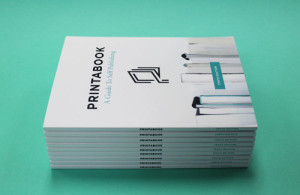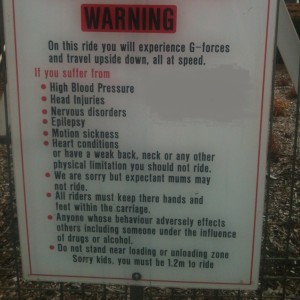Error-free documents help you avoid embarrassment
When writing something others will read, poor grammar and spelling mistakes can be embarrassing. Furthermore, errors can undermine all the time and effort you’ve put into a piece of writing.
Avoid damage to your reputation
Poor attention to grammar can damage your reputation. Benjamin Franklin said, “It takes many good deeds to build a good reputation and only one bad one to lose it”. Error-free documents are possible. Whether you’re writing a newsletter or content for your website, attention to detail is worth the effort.
Protect your credibility
People will judge you and your business on what they see. If you’re similar to many other businesses, your website functions as your ‘shop front’. This is the first opportunity you have to sell yourself to a new client/customer. You want them to believe you are capable, competent and worthy of their custom. Don’t let errors in your writing affect your credibility.
Safeguard your authority in your field of expertise
If you want to set yourself up as an expert in your field, you’ll want to present a professional, clean image to your clients. Documents that are error free will contribute to this image.
Save money
When writing documents that specify policies, guidelines, procedures, expectations and contractual issues, a spelling mistake or a simple comma in the wrong place can be costly. It could be advisable to engage a lawyer to ensure your important contracts are watertight—mistakes in these can be expensive.
Ensure your writing communicates your intended message
Clarity in communication is critical. Often, you’ll only get one opportunity to get your message across to your customer—make sure it’s the right message. In advertising, newsletters, and in other business documents, ensure there are no mistakes in your writing that might leave your intended message open to a different interpretation.
Finally: review, review, review—a fresh set of eyes can pick up things you may have missed. As the author, not only will you often read what you intended rather than what you actually wrote, you could be making a mistake you are simply unaware of. No amount of checking by yourself will pick up on errors you don’t even realise you’re making.
Using a proofreader will help you create error-free documents and avoid the above problems.
To comment, click on the title and scroll down.



